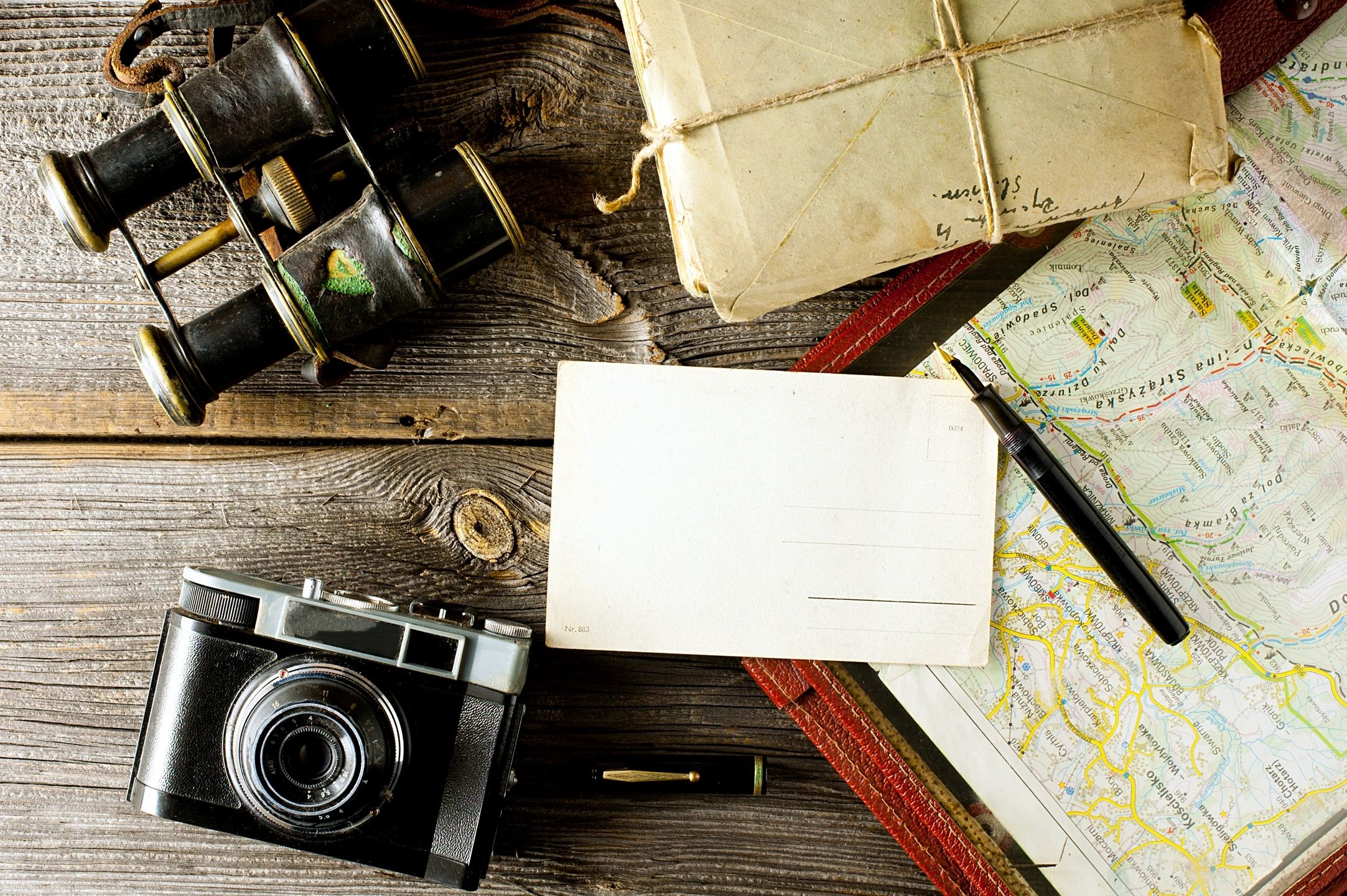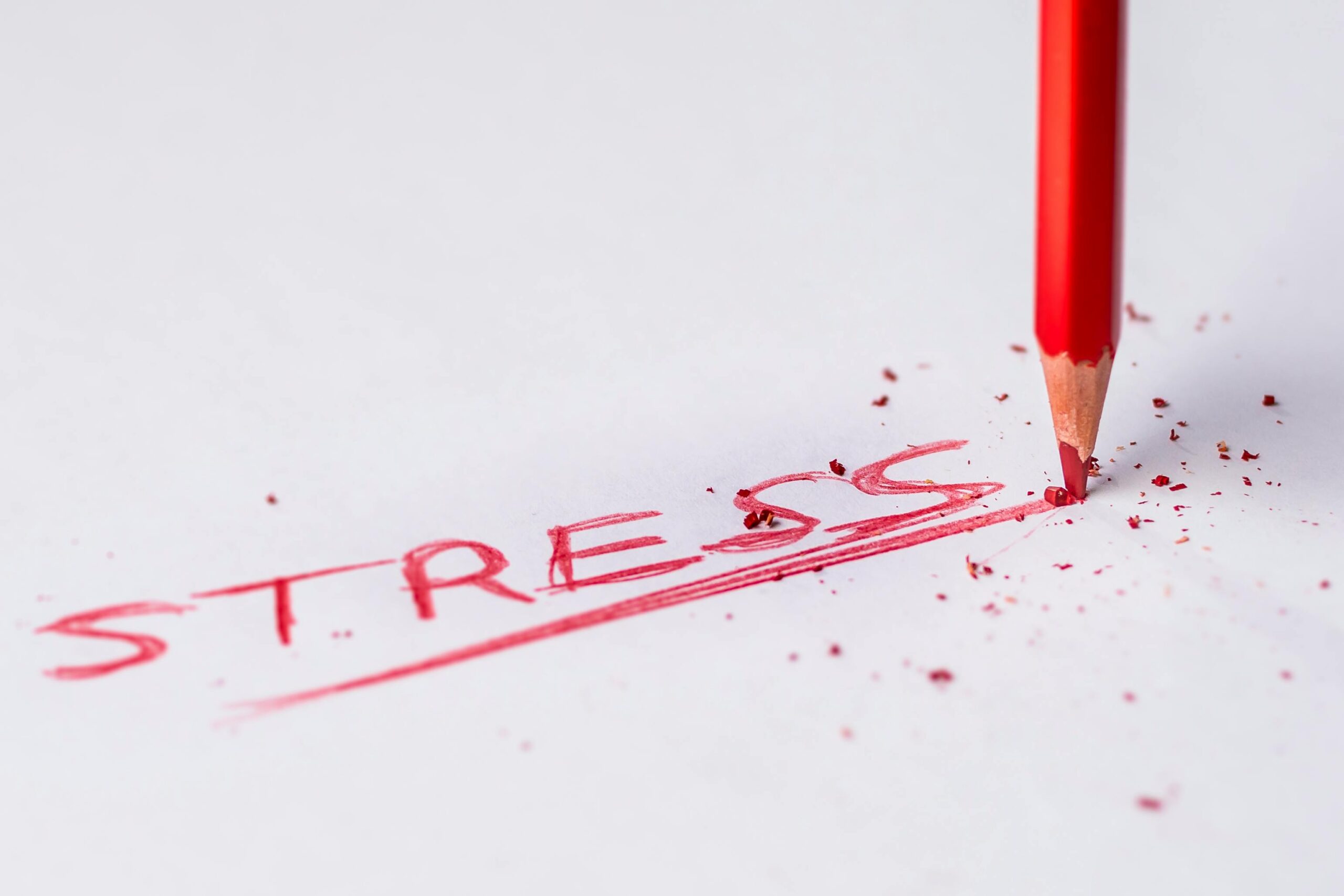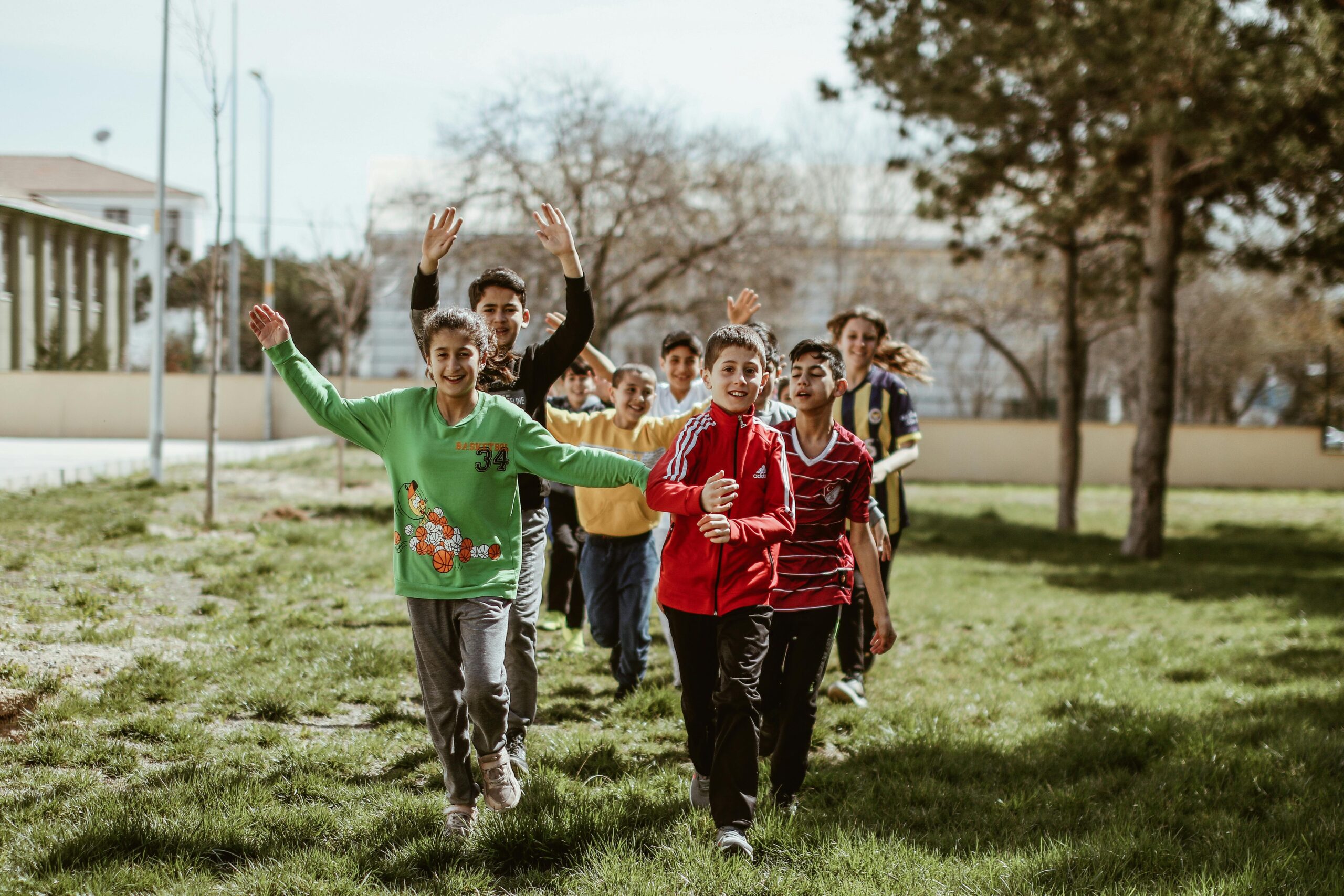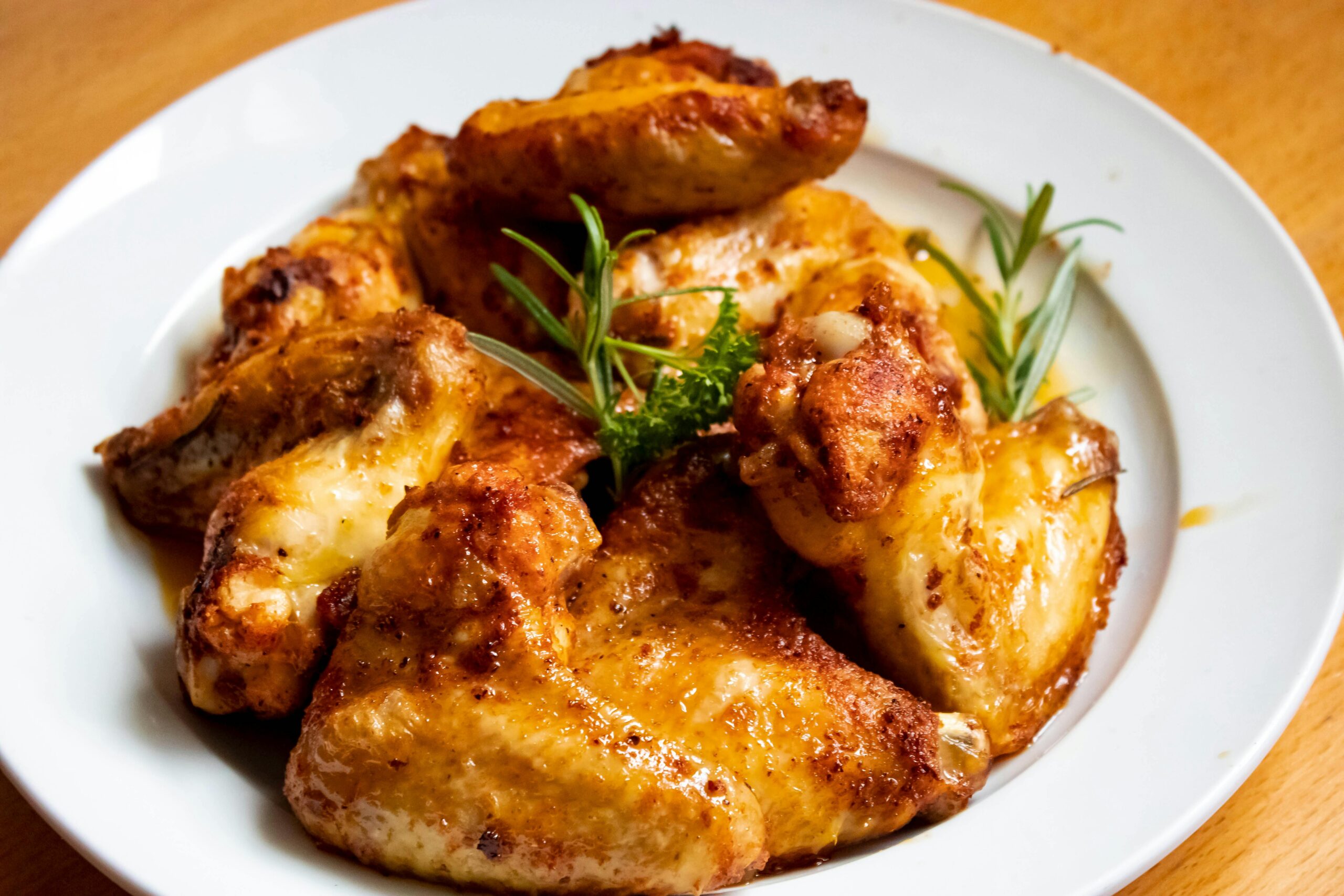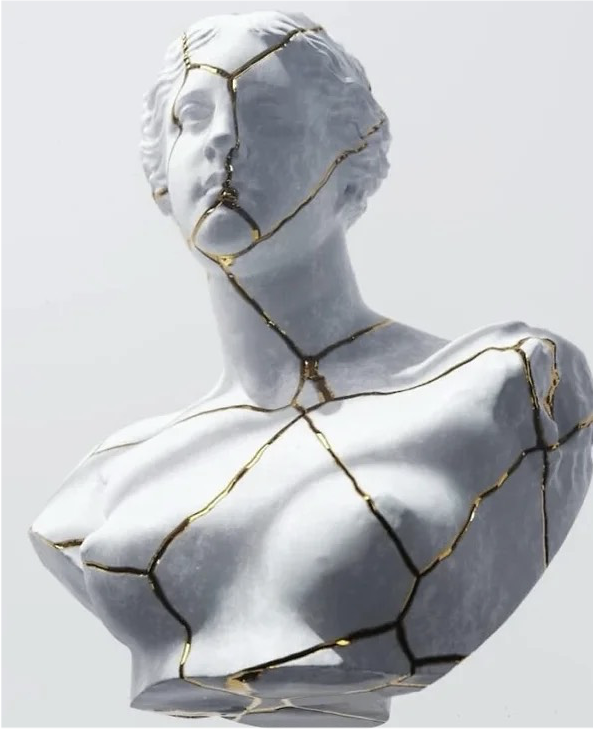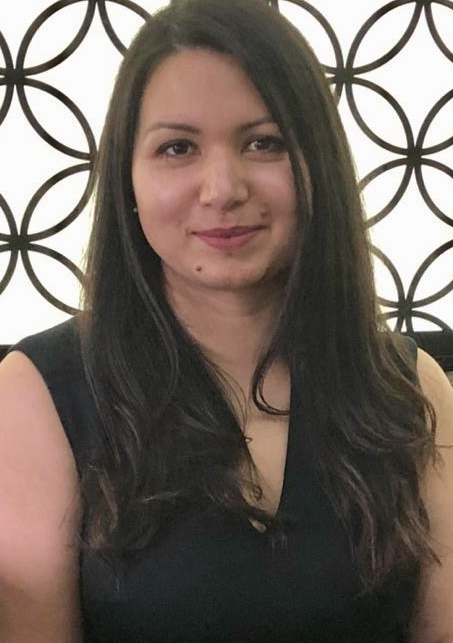
Learnings From COVID-19: A Psychiatrist’s Perspective
Dr. Mona Kaul
Disclaimer: ’Intention to share thoughts with friends in community and encourage reflections for positive health. This column has not been written in professional capacity.’
Declaration of Interest: None.
Observations
One of the most impactful learnings from Covid has been that our daily routine, which we sometimes despise, is in fact a strong adaptive coping mechanism. The daily grind for all its monotony creates an invisible bubble that helps keep our fears and anxieties at bay.
At the onset of pandemic, people across the societal spectrum experienced some transient unexpected positive changes to the way they led their lives.
Early on in the pandemic, many prisoners were glad to learn of their early discharge from their sentences in the cells. Similar feelings by homeless people who were, almost overnight, taken off from streets of London, put in hotel rooms, with a door they can close at night. Not long after they reached the imagined freedom of their homes, they found themselves in another prison, another threat outside that hotel door, their incarceration now managed by an invisible viral cloud. This was in an uncanny way linked to how the unexpected early ‘ benefits’ of Covid like working from home and more family time ultimately weren’t that straightforward especially from a psychological perspective.
Over months, peering into the homes of patients like never before, I saw how, denied of their routine contacts with the world, their long-managed traumas were reappearing.
Community members who could work from home, many rejoiced at the prospect of working flexibly, found themselves with no sense of demarcation from work and family life, no respite from massive overload of teams meetings, calls and emails, juggling house work and/or home schooling, eventually finding themselves in a permanent overdrive exhaustion.
Kept under almost house arrest, continuous banging of Teams App, overload of Whats App forwards, home schooling lists, cooking and cleaning juggles and sudden ubiquity of fear-linked stimuli, we were entranced by Boris every evening asking us to “stay home, stay safe” .
Physical symptoms of pain, hormonal changes, anxiety we never knew of before, sleeplessness and nightmares and even existential crisis might have been not foreign to some.
Our sudden distances from our families, friends, and work colleagues were not mere social distancing. We started looking and listening from behind a screen. The bravest had only a mask in person. How peculiar it felt to be suddenly deprived of – and made to appreciate – those countless tiny cues, the sighs, the diverted gaze and its flinching return and most of all the silences. How does one assure someone of your understanding when they have unleashed waves of grief miles away?
In other significant impact, Covid-19 continues to devastate the elderly, however there is an unexpected population that is at a great risk of morbidity due to pandemic syndrome: The adolescent population with developing social brains.
For all the optimistic talk of virtual engagements in future, we should be wary. Distance deprives us of our most important tool, a potent mix of interest, empathy, proximity and touch. Without this we cannot properly grasp the thoughts, feelings and hopes of our dear ones to make meaningful connections.
Medical science has taught us one thing over past hundred years that “human suffering is incredibly complex”. Shrinking of our conversations or use of abbreviations from LOL to RIP to emoji’s for emotional expression might be signs of our instinctive retreat from the bewilderment we feel when confronted by complexity.
At a peer level, doctors experience high levels of stress even under normal circumstances, but pandemic crisis places additional pressure on doctors and making working life even more stressful than normal. Most evidence suggests that doctors feel a strong professional obligation to continue working in spite of the known dangers of burnout, whilst combating a greater risk to self, owing to their exposure to the patients who are most poorly. A further stress is the increased risk of infection for the families of healthcare professionals on the frontline.
Reflection
We can learn another lesson here, at a social scale. We should spend less time exploring our minds and pay more attention to the world around us.
It’s incredibly important building a new pandemic routine that is remote working friendly long with organising the day across work, family time and keeping a little bit of ‘me time’ through outdoor sport, running , yoga, art or whatever you might feel calming and therapeutic.
Teenagers would benefit from a degree of controlled relaxation of rules around their usage of social media to counter the loneliness, encouraging them to communicate in open space and making sure their sleeps habits are as close to what they used to be pre covid.
The concept of a family has been revisited with close friends and neighbours being more perhaps even more relevant than relatives living miles away.
People and families have noted the benefits and there has been feedback to organisations, so we hope that we will be able to maintain the benefits as we return to the new normality and reflect on our adaptive coping strategies of daily life and their importance at individual level.

